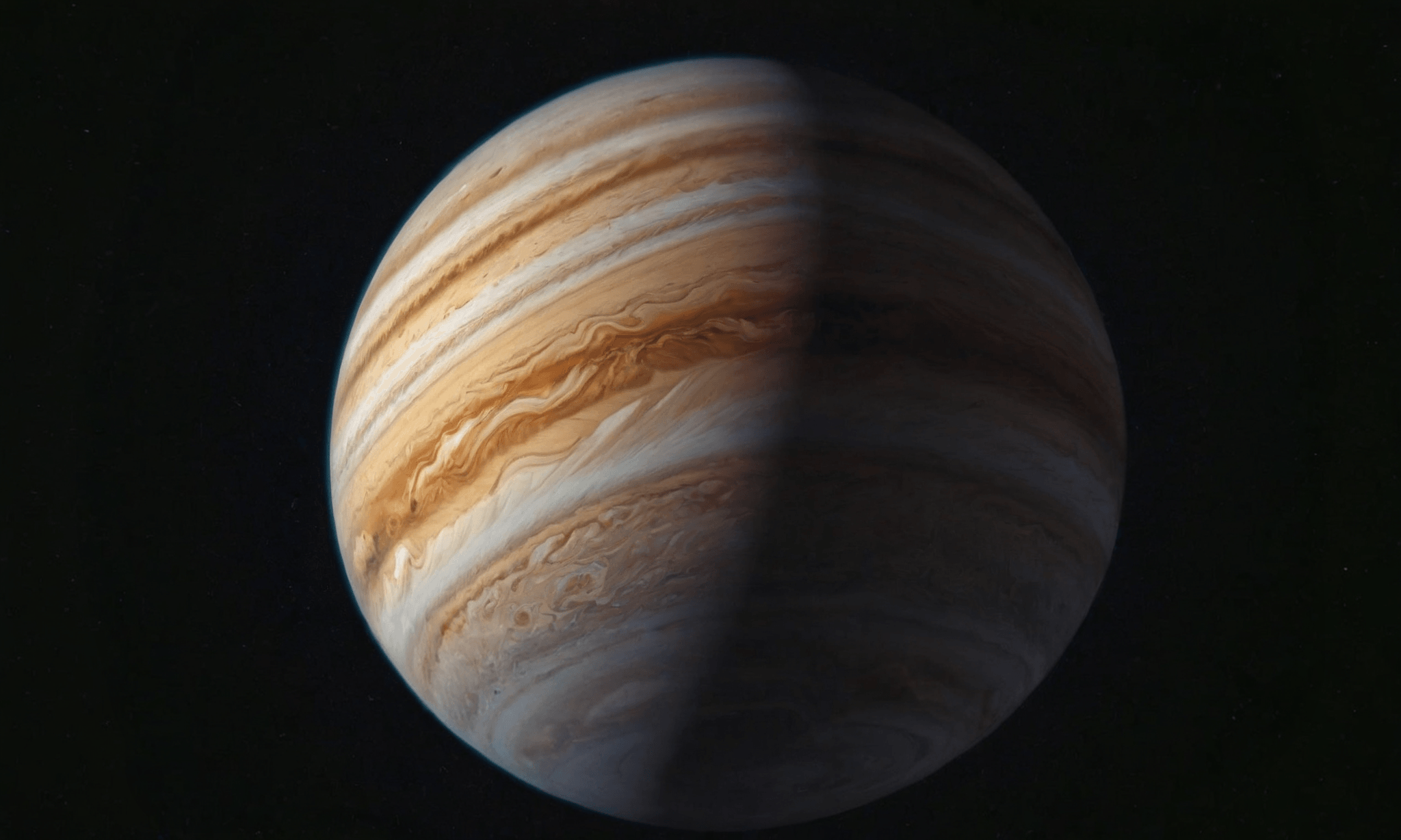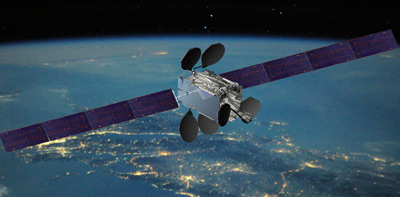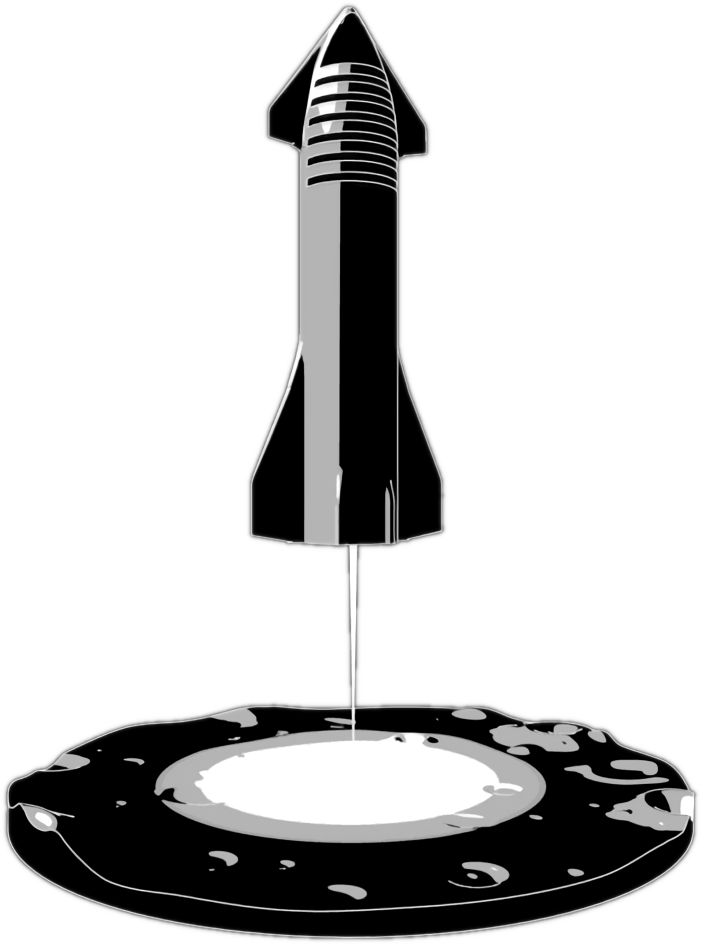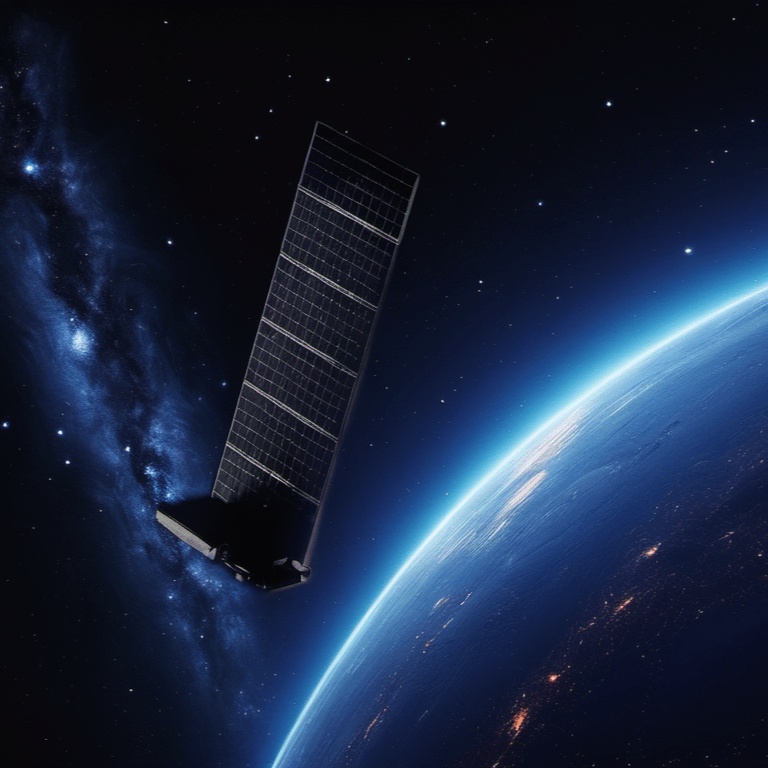· space · 3 min read
SpaceX Falcon 9 Grounded After Rare Launch Failure
The FAA grounds SpaceX's Falcon 9 rocket after a launch mishap, potentially impacting NASA's crewed missions and disrupting SpaceX's ambitious launch schedule.
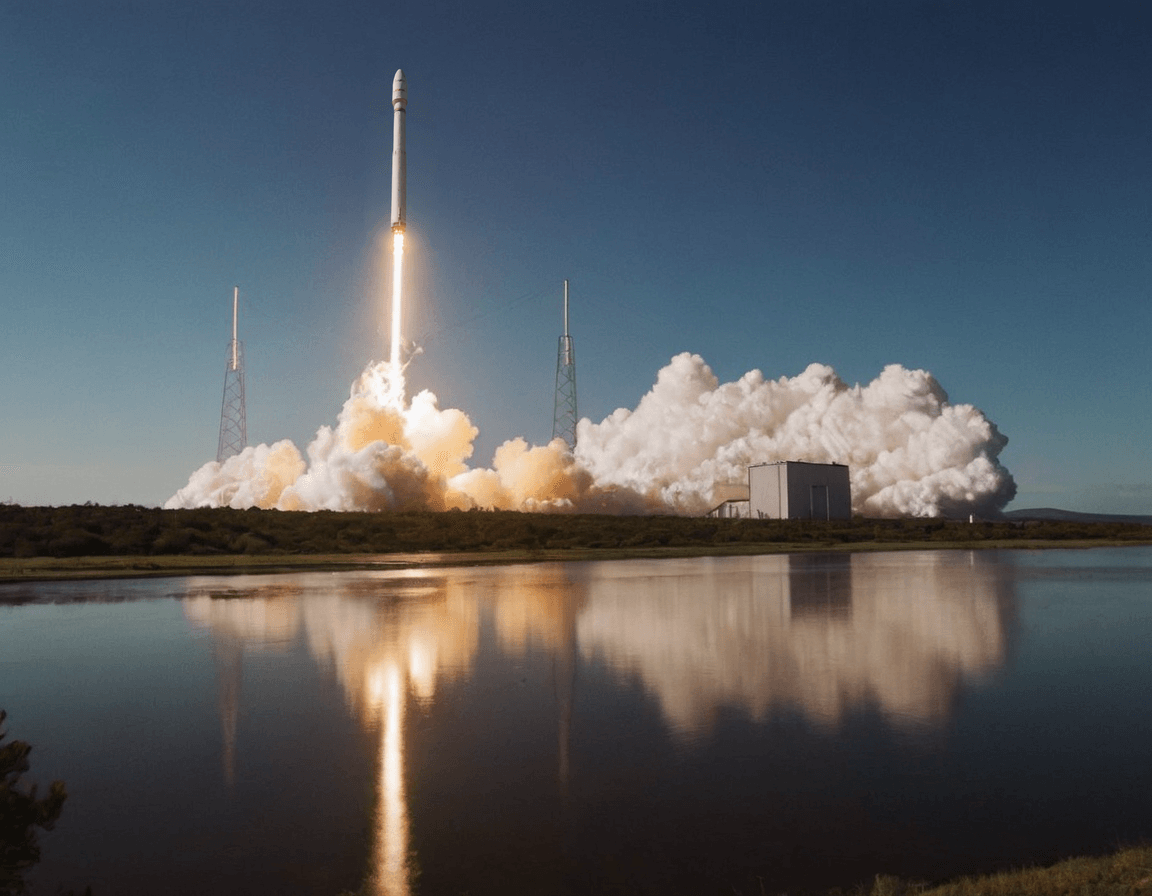
Falcon 9’s Rare Setback
SpaceX’s Falcon 9 rocket, a workhorse of the commercial space industry, faces an unexpected grounding following a launch anomaly on July 12, 2024. The U.S. Federal Aviation Administration (FAA) ordered the suspension after the rocket deployed 20 Starlink satellites into an incorrect orbit, marking a rare failure for the typically reliable launch vehicle.
The Incident
During what was expected to be a routine launch from Vandenberg Space Force Base in California, the Falcon 9’s second stage encountered issues. Cameras observed unusual ice accumulation around the engine during the first burn, indicating a liquid oxygen leak. The second stage failed to reignite for its crucial second burn, resulting in satellite deployment at a perilously low orbit.
SpaceX reported that the satellites were released into an “enormously high drag environment” with a perigee of just 135 kilometers, less than half the intended altitude. “At this level of drag, our maximum available thrust is unlikely to be enough to successfully raise the satellites,” the company stated. Consequently, all 20 satellites, valued at approximately $10 million, burned up upon re-entering Earth’s atmosphere.
Implications for SpaceX and NASA
This incident ends a remarkable streak of over 300 successful Falcon 9 launches and represents SpaceX’s most significant setback since a 2016 launchpad explosion. The FAA’s grounding order came swiftly, throwing SpaceX’s ambitious 2024 launch schedule into disarray.
Prior to the failure, SpaceX was on track to conduct around 100 Falcon 9 launches this year, with about 70 already completed. The company had three launches planned for the week following the incident, all of which are now indefinitely postponed.
Perhaps more critically, the grounding potentially impacts NASA’s crewed missions to the International Space Station (ISS). The Falcon 9 is currently the only U.S.-made rocket certified to carry astronauts to the ISS, with the Crew-9 mission scheduled for mid-August.
NASA, prioritizing crew safety and mission assurance, is reviewing the launch date. “We will provide updates on the agency’s missions, including potential schedule impacts, if any, as more information becomes available,” a NASA spokesperson stated.
Industry Reaction and Future Outlook
Tim Mueller, SpaceX’s former vice president of propulsion, commented online, “We knew this incredible run had to come to an end at some point,” reflecting the industry’s understanding of spaceflight’s inherent risks.
SpaceX has requested the FAA to declare that the incident did not represent a public safety risk, which would allow Falcon 9 operations to continue during the investigation. However, the FAA has yet to respond to this request.
As the space industry awaits further developments, this incident serves as a reminder of the challenges in space exploration and the importance of rigorous safety protocols. It also highlights the potential vulnerabilities in the current commercial space landscape, where a single provider’s setback can have far-reaching consequences for national space programs and global satellite networks.
The coming weeks will be crucial as SpaceX works to identify and rectify the issue, potentially reshaping the trajectory of commercial spaceflight in 2024 and beyond.


